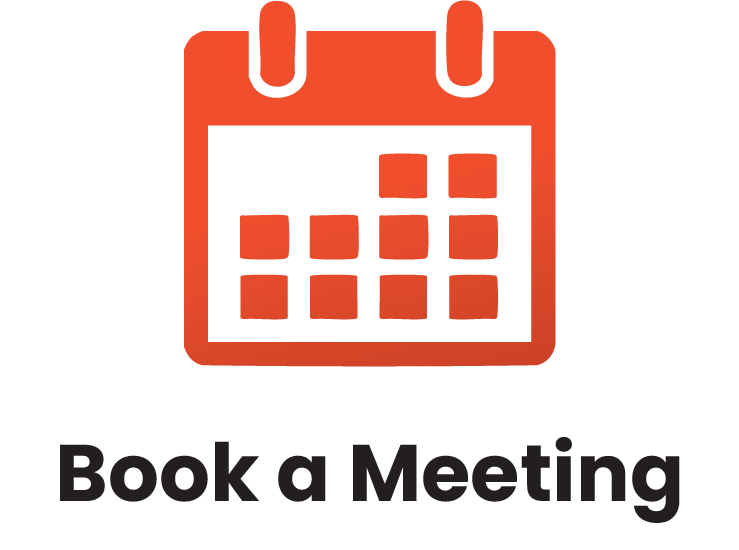
Hiring for Success: Behavioural Interviewing Techniques
Interviewing sounds easy enough: you arrange for a conversation between you and potential candidates, and then select the best person for a particular position. But what if you could refine the process in such a way that you were confident that you are selecting the right person? How do you separate the good from the great, when they have similar work experience and strengths to offer? This workshop will give you the skills and tools to hire successful candidates.
Interactive training sessions led by experienced facilitators.
There is no cost to explore options.
Let's Get Started
Online Learning
Enjoy our self-paced option and learn from anywhere!
$279.00 USD
LEARNING OBJECTIVES
This two-day workshop will teach participants how to:
- Recognize the costs incurred by an organization when a wrong hiring decision is made.
- Develop a fair and consistent interviewing process for selecting employees.
- Prepare better job advertisements and use a variety of markets.
- Be able to develop a job analysis and position profile.
- Use traditional, behavioral, achievement oriented, holistic, and situational (critical incident) interview questions.
- Enhance communication skills that are essential for a skilled recruiter.
- Effectively interview difficult applicants.
- Check references more effectively.
- Understand the basic employment and human rights laws that can affect the hiring process.
Let's Get Started


COURSE OUTLINE
History of the Interviewing Process
The day will begin with a brief lecture on the history of the interviewing process, including Alfred Binet’s ideas, stress interviewing, and structured interviewing.
The Recruitment and Selection Process
During this session, we will take a quick look at the six stages of the hiring process.
Factors in the Hiring Process
We will examine the three levels of factors in the hiring process in this session.
Cost Analysis
During this session, participants will analyze the cost of hiring an employee.
Job Analysis and Position Profiles
Determining just what you’re hiring for is the second stage of the hiring process. We will look at performing a job analysis and writing a position profile in this session.
Determining the Skills You Need
Once you have analyzed what the job will entail, you will need to determine what technical and performance skills the candidate will need. We will examine various ways of doing this during this session.
Finding Candidates
During this session, we will examine the advantages and disadvantages of various advertising methods.
Advertising Guidelines
If you’re going to spend time and money looking for a candidate, you should make sure your ad passes the ten tests of advertising. In this session, participants will learn about these tests and apply them to job advertisements.
Screening Resumes
Now that you have the stack of resumes on your desk, what are you going to do with them? Our recommendation is to use a resume screening guide. During this session, participants will learn what that is, how to develop one, and how to use it.
Performance Assessments
In addition to interviewing, you may also choose to have candidates complete a technical or performance exercise. Participants will look at both types of exercises in this session.
Problems Recruiters Face
During this session, participants will discuss some common mistakes recruiters make and how to avoid them.
Interviewing Barriers
There are also some human mistakes that recruiters make; that will be your focus during this lecture.
Non-Verbal Communication
During an interview, it is crucial to be aware of the non-verbal signals that you are giving and receiving. In this session, participants will explore some of these signals through a lecture and an exercise.
Types of Questions
Obviously, the ability to ask questions is crucial to an interview. During this session, participants will learn how to use open questions, closed questions, and probes.
Case Study: Itlex Manufacturing
To wrap up the first day, participants will work on a case study to help Mitchel Hampton figure out why he had to fire an employee he recently hired.
Traditional vs. Behavior Interviews
During this session, participants will look at what behavioral interviewing is and how it differs from traditional interviewing. Participants will also have the opportunity to develop some sample behavioral questions.
Other Types of Questions
There are two more key types of questions that you can use during an interview: achievement oriented and holistic. Participants will take a brief look at both types during this session.
The Critical Incident Technique
Another type of interview question asks the candidate how they might behave in a certain situation. Participants will explore why these questions are so valuable, how to develop them, and how to use them.
Listening for Answers
Listening for what the candidate does and does not say is just as important as asking the right questions. During this session, participants will learn some key listening skills.
Difficult Applicants
During this session, participants will role play one of four difficult applicants in a mock interview. They will also learn ways to get the information they’re looking for out of these types of people.
Interview Preparation and Format
During this session, participants will learn some things that they should do before, during, and after the interview.
Other Interview Techniques
During the interview, there are some techniques that interviewers can use to keep things moving. This session will cover five of the most common methods.
Scoring Responses
During this session, participants will learn how to use performance-based rating scales.
Checking References
In this session, participants will learn how to check references and use a reference guide.
Human Rights
Through a brief lecture, participants will learn about some of the key human rights issues that recruiters face.
Skill Application
Participants will spend the afternoon of Day Two developing an interview guide and role-playing the interview using all the skills they have learned.
Pre-Assignment Review
The course will wrap up with a review of the pre-assignment.















